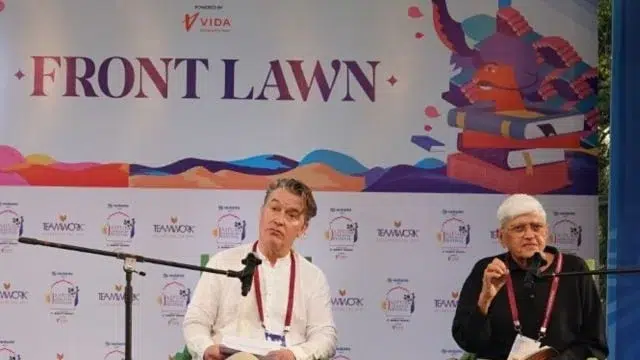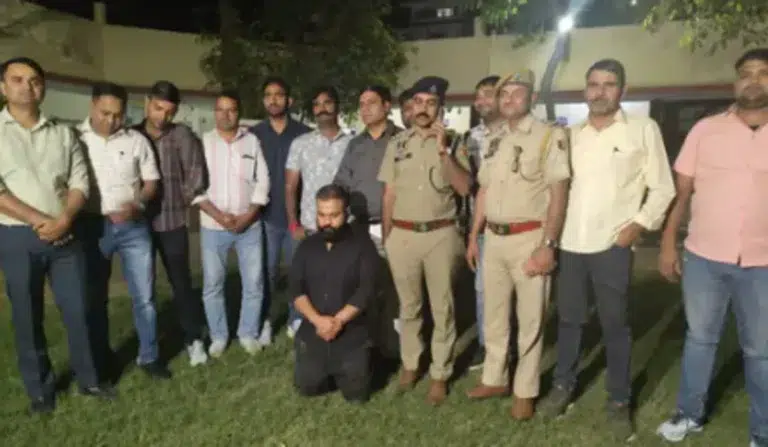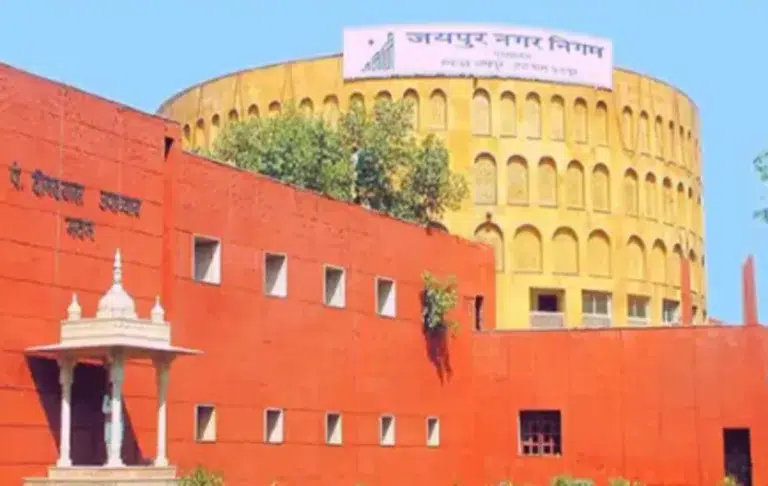Jaipur Literature Festival Under the blazing sun of Jaipur, there was a rare meeting of minds—a rendezvous between the grandsons of two giants of philosophy and activism: Mahatma Gandhi and Leo Tolstoy. Gopalkrishna Gandhi and Daniil Tolstoy took to the stage to discuss the legacy of their ancestors.
Moderated by Penguin editor-in-chief Manasi Subramaniam, the panel began with the moment that bridged Gandhi and Tolstoy. In 1909, she said, a young lawyer called Gandhi in Johannesburg read Tolstoy’s “A Letter to a Hindu” and was profoundly influenced by his non-violent means of political resistance.
Gopalkrishna Gandhi said that in 1909 his grandfather first read Tolstoy. “It was a very turbulent time in London, after an assassination by an Indian nationalist. Then he came across Tolstoy’s letter, which spoke of non-violence and love as means of liberation, inspired by texts like the Bhagavad Gita and the Tamil classic Thirukkural. ”
Daniil Tolstoy said that by the time his great-grandfather was 80, Tolstoy was “completely demoralized by the fact that violence has no place in our society” after watching the 1905 Russian Revolution. Tolstoy, he said, also dedicated his life to studying a variety of religious and philosophical texts to reinforce his belief in non-violence.
From Historical Correspondence to Modern Implications
Next, the focus shifted to Gandhi-Tolstoy’s correspondence, which spanned 1909–1910. Subramaniam said it took Tolstoy months to write ‘A Letter to a Hindu’, with many drafts. Gopalkrishna read out an excerpt from Gandhi’s first letter to Tolstoy, which he said had a strong influence on Gandhi.
This led to some comical but also poignant observations by Gopalkrishna, who said he was comforted by Tolstoy’s words just as he needed Daniil’s support to climb the stage. Daniil then told a story from Tolstoy’s last letter to Gandhi, about the moral ambiguities in reading the commandments, and how Tolstoy believed in absolute non-violence.
They talked about Tolstoy Farm in South Africa, which Gandhi founded as a self-sufficient community of activists and named for Tolstoy. Here was a testament to Tolstoy’s continued influence even after his death.
The conversation ended with thoughts about how the ideas of their ancestors can be applied in today’s world. Daniil said that in the world of technology, Tolstoy’s idea of agape, or unconditional love, might be more relevant than ever. Gopalkrishna agreed, pointing to examples in modern sports where athletes from opposing nations show mutual respect, exemplifying the love and unity championed by Gandhi and Tolstoy.




